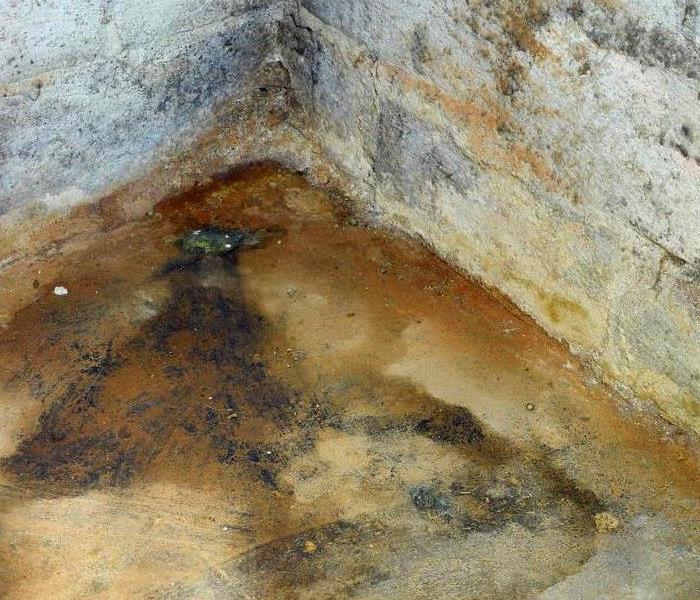The Disgusting Truth About Lawn Slime
5/10/2018 (Permalink)
Lawn slime sounds like something out of a Ghostbusters film, but what it actually is is slime mold: a saprophytic fungus that feeds on the dead organic matter. It’s hard to miss slime mold on your Dover, NJ, lawn when it’s often brightly colored and covers everything in slimy patches. So how can you get rid of outdoor mold, and make sure it never comes back?
Tips for Getting Rid of Lawn Slime
Once you’ve got lawn slime, all you can think of is getting rid of it. Here are just a few remedies for this pervasive outdoor pest:
• Rake up debris and ground cover. The thatch covering your lawn is often made of dead leaves, grass, and twigs – and is perfect food for slime mold. When you’re raking it up, you’ll also take a good deal of the mold with it.
• Trim your shade trees. Dark areas let slime mold proliferate, while sun dries it out and kills it.
• Switch to a sandy topsoil. Lawn slime has trouble taking root in sandy soil, but there are plenty of attractive lawn grasses that can still thrive even where slime mold can’t.
• Avoid “natural” remedies. While you may hear that tea tree oil and other natural remedies can help kill slime mold, it’s more likely to kill your grass. Killing your grass just gives the slime mold more to feed on, and can actually help it proliferate.
Preventing Lawn Slime in the First Place
The best offense is a good defense, and one great way to get rid of slime mold is to defend against it in the first place. Since slime mold feeds on dead matter, routinely clean your lawn of debris and rotting leaves. Also, don’t over-water your lawn; too much moisture creates perfect conditions for slime mold to grow. If you’re struggling to figure out ways to free your lawn from mold, a professional consultation with mold remediation specialists may help. For more information, visit http://www.SERVPROdoverstillwater.com//






 24/7 Emergency Service
24/7 Emergency Service
